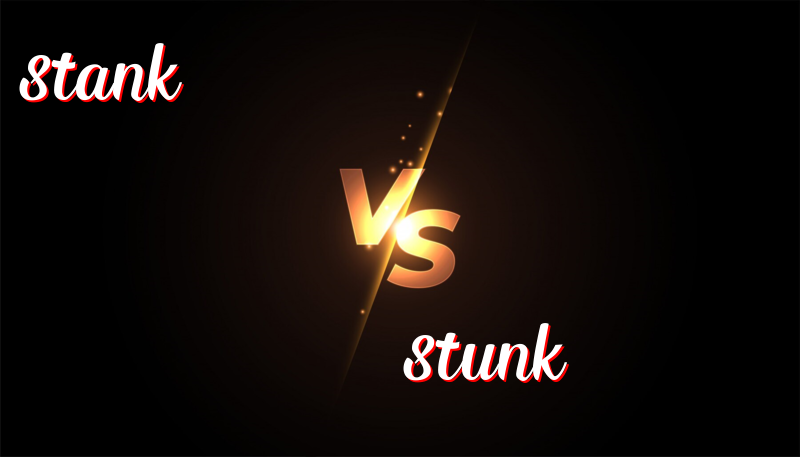英語單詞Stank 與 Stunk的區別
January 19, 2025
Stank 與 Stunk 的區別
在學習英語的過程中,「stank」和「stunk」這兩個字的用法可能會讓人感到困惑。它們都是動詞「stink」的過去式和過去分詞,意思為「發臭」。然而,它們的使用有著微妙的不同和歷史背景。
歷史背景
英語動詞「stink」來自於古英語的「stincan」,意味著「散發氣味」。隨著時間的推移,這個字演變出了不同的形式。過去式「stank」和過去分詞「stunk」都一直被使用。然而,在某些英語方言中,這種區別可能會互換。
如何使用
Stank:這是動詞「stink」的過去式形式,用來描述在過去某一點所發生的事情。
- The garbage stank after being left out in the sun.
垃圾在陽光下曝曬後發出了惡臭。 - When he opened the refrigerator, it stank of spoiled food.
當他打開冰箱時,有壞掉食物的臭味。 - The room stank because of the dirty socks.
房間由於髒襪子而發出惡臭。 - She didn’t clean the kitchen, and it stank of old dishes.
她沒有打掃廚房,裡面有殘舊碗碟的臭味。 - After the rain, the basement stank of mold.
雨後,地下室充滿黴味。
Stunk:這是動詞「stink」的過去分詞形式,通常用於完成時態或被動語態。
- The whole house has stunk ever since the skunk sprayed outside.
自從臭鼬在外面噴發後,整個房子都充滿臭味。 - Everything in the bag had stunk after the milk spilled.
牛奶灑出後,袋裡每樣東西都臭了。 - The fish has stunk for two days before we noticed.
我們注意到之前,魚已經臭了兩天。 - The wet clothes have stunk in the closet for too long.
濕衣服在衣櫃裡放太久,一直有臭味。 - By the time he arrived, the room had already stunk.
他到的時候,房間已經有臭味了。
記憶區別的小技巧
要記住「stank」與「stunk」的區別,想像「stank」用於描述過去單一點事件,就像某樣頓時發臭一樣。然而,「stunk」用於完成時態或描述持續的狀態或結果。
總結
「Stank」用作「stink」的過去式,用於表達某一特定過去的事件;而「stunk」作為過去分詞,普通用於完成時態中,強調過去某段時間發生的結果。通過理解它們的這些區別,您能夠準確選擇適合的用法來表達意思。

Leave a Reply
You must be logged in to post a comment.